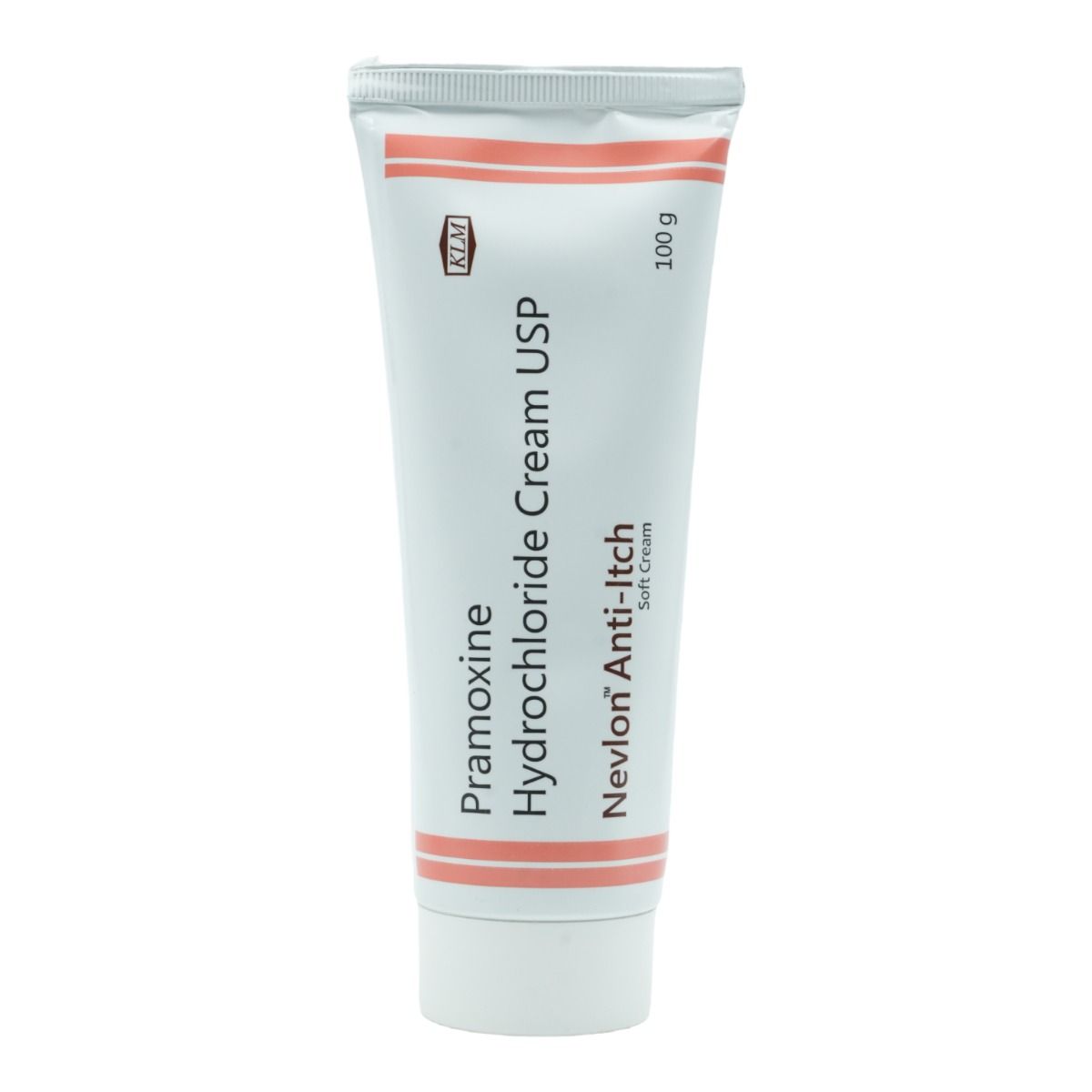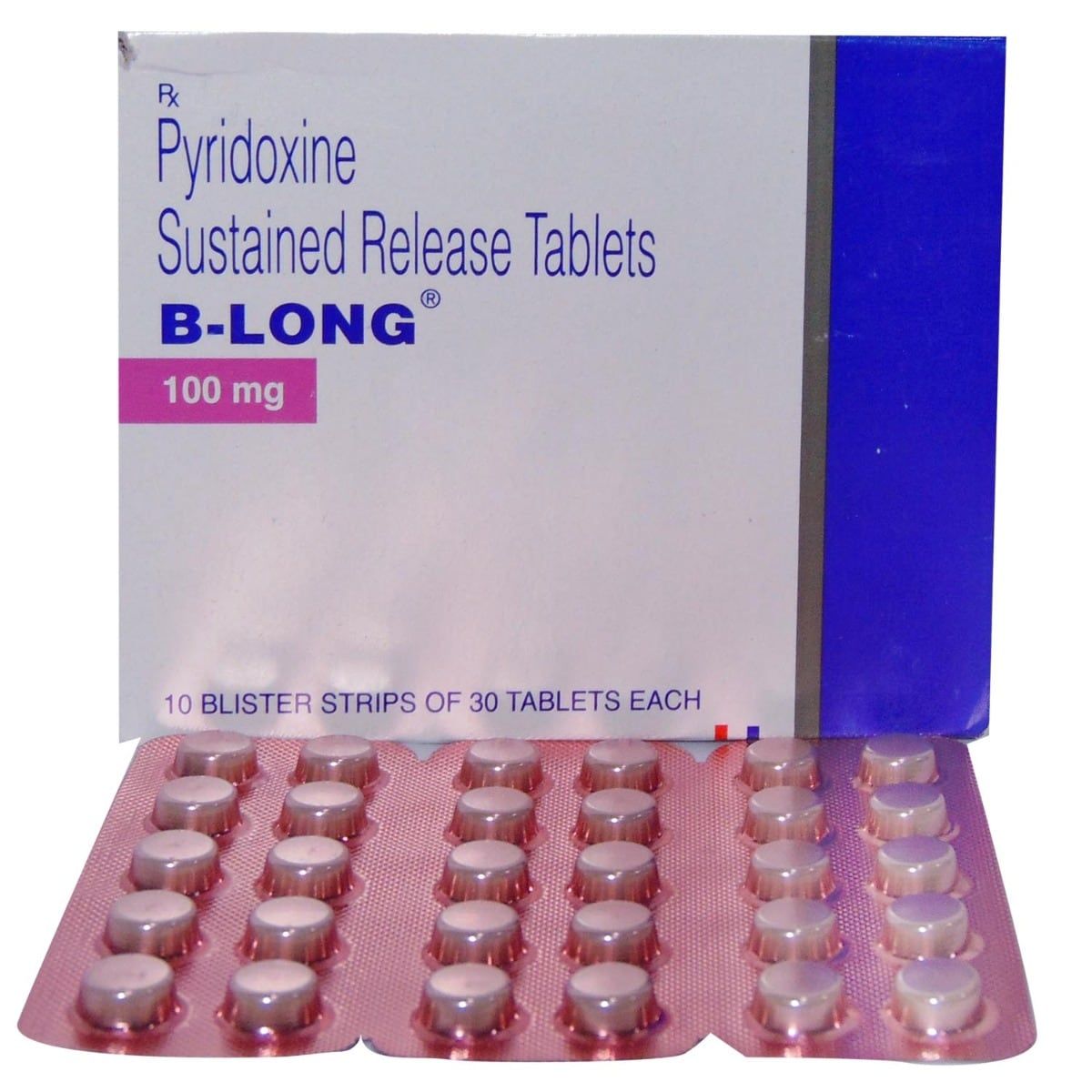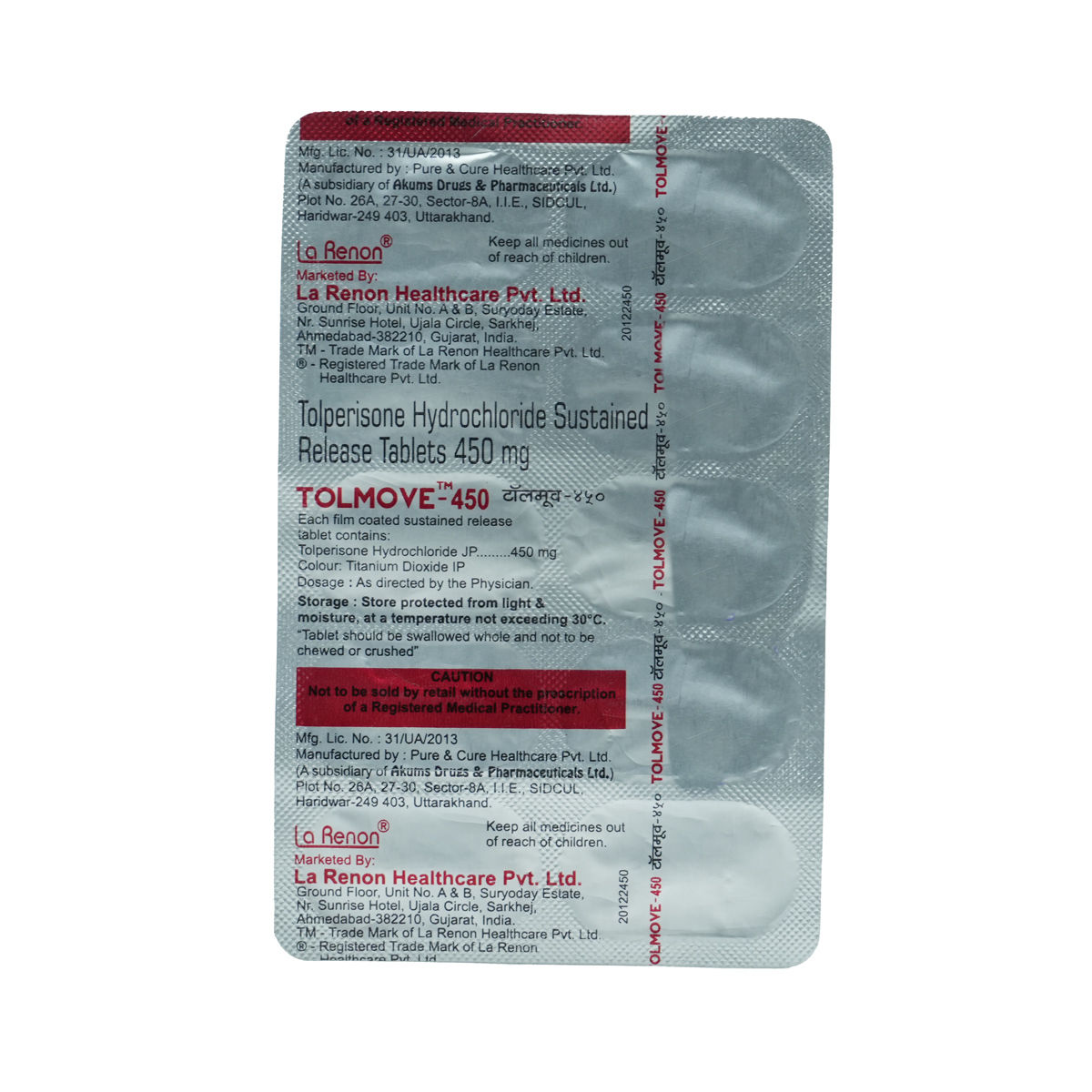Pramoxine Hydrochloride
About Pramoxine Hydrochloride
Pramoxine Hydrochloride belongs to the group of medicines called topical anaesthetics used to temporarily relieve pain and itching from insect bites; minor cuts, burns or scrapes; dry or itchy skin; minor skin irritation and rashes; poison ivy, poison sumac or poison oak. It is also used to treat itching, pain, soreness, and burning due to piles and other minor rectal irritation.
Pramoxine Hydrochloride contains Pramoxine hydrochloride, which works by stopping the nerves from sending pain signals. Thereby, it helps relieve pain and irritation.
In some cases, Pramoxine Hydrochloride may cause side effects such as dryness, swelling, burning and redness at the site of application. Most of these side effects may not require medical attention and resolve gradually over time. However, you are advised to talk to the doctor if the side effects persist or worsen.
Let the doctor know if you are allergic to any of the components in Pramoxine Hydrochloride. Consult the doctor if you are pregnant or breastfeeding. Avoid contact of Pramoxine Hydrochloride with eyes or nose; if contact occurs, flush with water and call your doctor. Keep your doctor informed about your health condition and medications to rule out any interactions.
Uses of Pramoxine Hydrochloride
Medicinal Benefits
Pramoxine Hydrochloride belongs to the group of medicines called topical anaesthetics used to temporarily relieve pain and itching from insect bites; minor cuts, burns or scrapes; dry or itchy skin; minor skin irritation and rashes; poison ivy, poison sumac or poison oak. It is also used to treat itching, pain, soreness, and burning due to piles and other minor rectal irritation. Pramoxine Hydrochloride contains Pramoxine hydrochloride, which works by stopping the nerves from sending pain signals. Thereby, it helps relieve pain and irritation.
Directions for Use
Storage
Side Effects of Pramoxine Hydrochloride
Dryness, swelling, burning and redness at the site of application.
Drug Warnings
Do not use Pramoxine Hydrochloride if you are allergic to any of its components. Do not swallow Pramoxine Hydrochloride; it is for external use only. Consult the doctor if you are pregnant or breastfeeding. Avoid contact of Pramoxine Hydrochloride with eyes or nose; if contact occurs, flush with water and call your doctor. Do not apply Pramoxine Hydrochloride on open wounds, deep wounds, large areas, or areas of skin that are damaged or blistered. Unless advised by the doctor, do not cover the treated area with wraps or bandages. Avoid using Pramoxine Hydrochloride for longer than prescribed; if your condition persists or worsens, consult the doctor.
Drug Interactions
Drug-Drug Interactions: No interactions found/established.
Drug-Food Interactions: No interactions found/established.
Drug-Disease Interactions: No interactions found/established.
Drug-Drug Interactions Checker List:
Safety Advice

Alcohol
consult your doctorIt is not known whether alcohol interacts with Pramoxine Hydrochloride. Please consult the doctor.

Pregnancy
consult your doctorPlease consult the doctor if you are pregnant or think you may be pregnant.

Breast Feeding
consult your doctorPlease consult the doctor if you are breastfeeding.

Driving
safeIt is unlikely to affect your ability to drive.

Liver
consult your doctorPlease consult the doctor if you have a liver impairment or any concerns regarding this.

Kidney
consult your doctorPlease consult the doctor if you have any concerns regarding the usage of Pramoxine Hydrochloride in patients with kidney impairment.

Children
consult your doctorLimited information is available regarding the use of Pramoxine Hydrochloride in children. Please consult the doctor.
Habit Forming
Diet & Lifestyle Advise
Pruritus:
Eat a healthy diet and drink lots of water.
Avoid processed meat, refined grains, sugar-sweetened beverages, and fried foods.
Reduce stress by doing yoga or meditation.
Nutrient-rich foods like vegetables, fruits, whole grains, seeds, nuts, legumes, and lean protein may help promote good health and limit inflammation.
Piles:
Eat fibre-rich food and drink plenty of fluids. This helps to keep the stools soft.
A warm bath helps in easing pain and itching.
Keep your bottom dry and clean.
Regular exercise is recommended.
Avoid or limit alcohol and caffeinated products to prevent constipation.
Empty your bowels whenever your body tells you to.
Avoid pushing too hard while pooping as it can cause tearing of tissues.
Include fruits, vegetables and whole wheat grains in your diet.
Patients Concern
Disease/Condition Glossary
Pruritus: Pruritus, also known as itching, is an uncomfortable and irritating sensation that creates an urge to scratch.
Piles: Hemorrhoids, also known as piles, are the inflamed and swollen veins in the rectum and anus that cause discomfort, pain, and bleeding. Piles cause pain, itching and bleeding. They also cause trouble in sitting. Symptoms include itching, irritation, and pain around the anus, swelling near the anus region, painful bowel movements, and blood in stools.
FAQs
Pramoxine Hydrochloride is used in the treatment of Pain irritation and itching due to insect bites, cuts, burns, and irritation. It is also used in the treatment of Piles.
Pramoxine Hydrochloride works by stopping the nerves from sending pain signals. Thereby, it helps relieve pain and irritation.
Do not apply Pramoxine Hydrochloride on open wounds, deep wounds, large areas, or areas of skin that are damaged or blistered.
Unless advised by the doctor, do not cover the treated area with wraps or bandages.








